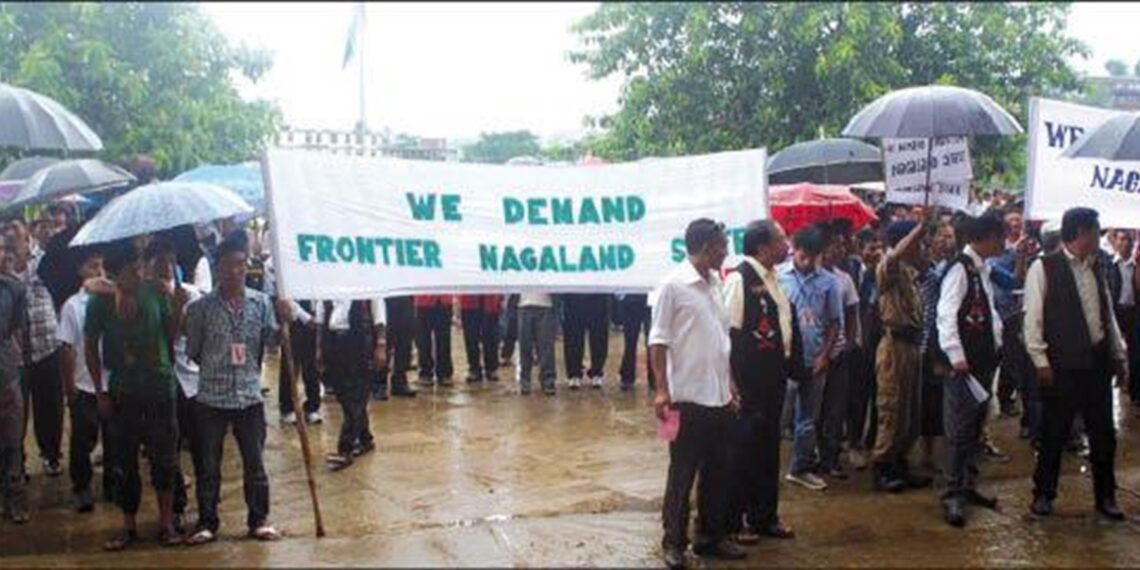KOHIMA: Eastern Nagaland Peoples’ Organization (ENPO) is expected to adopt a public resolution regarding their demand for the Frontier Nagaland Territory (FNT) during an “Eastern Nagaland Public Meeting” scheduled for March 28 in Tuensang town.
The invitations for the meet have been extended to all 20 members of the Eastern Nagaland Legislators Union, including Rajya Sabha MP and former Parliamentarians of the 13th NLA from Eastern Nagaland.
Other invitees comprise former ENPO presidents, ENPO advisors, all tribal presidents and general secretaries, along with respective CEC members, among others.
ALSO READ Eastern Nagaland’s FNT push: Legislators set to meet interlocutor AK Mishra today
Additionally, three executive members and federating unit presidents, former ENGOA, ENWO, and ENSF presidents are also expected to attend.
During the March 19 meeting, the Eastern Nagaland public reinforced their stance by reaffirming the Chenmoho Resolution passed on February 23, which vowed to boycott all electoral processes until their demand for an autonomous body is met.
The Chemmoho resolution stated, “Not to participate in any Central and State election and all citizens of Eastern Nagaland shall refrain from casting votes.”
Furthermore, it had criticised the Centre’s failure to fulfill the promise of creating the Frontier Nagaland Territory (FNT), as assured by Union Home Minister Amit Shah on December 7.
ALSO READ Nagaland CM proposes autonomous body to ENPO through dialogue, urges not to boycott polls
Earlier, on March 20, Chief Minister Neiphiu Rio urged the ENPO to refrain from boycotting polls.
He stressed on the importance of constructive engagement in resolving differences, suggesting the potential establishment of an autonomous body through democratic processes and consultations.
Rio highlighted that once formed, members of the autonomous body would also be elected, underscoring the necessity for mutual agreement on power-sharing to effectively serve the people.
The upcoming public meeting convened by the ENPO holds significant importance in the region amidst the ongoing “public emergency” in the area.















